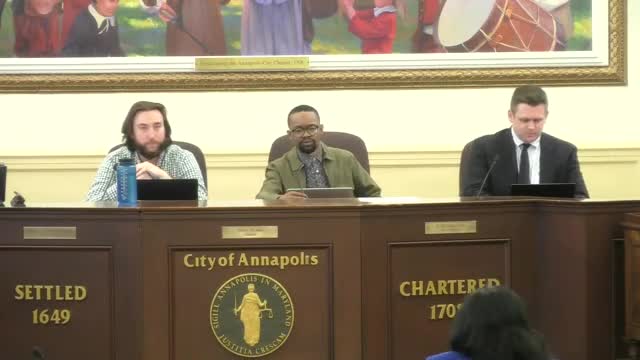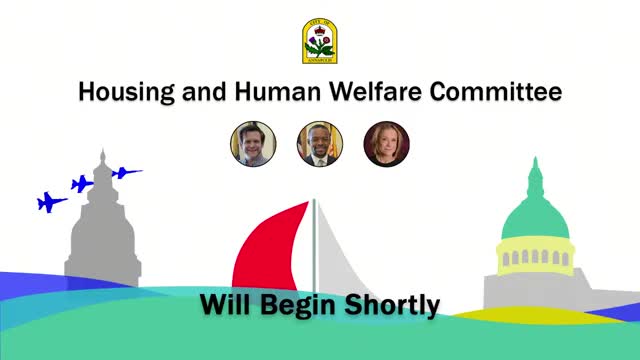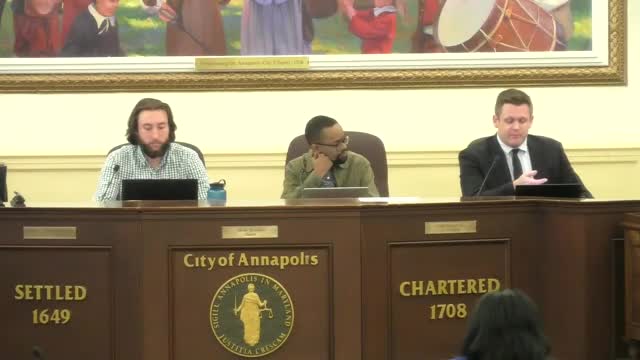Article not found
This article is no longer available. But don't worry—we've gathered other articles that discuss the same topic.

Annapolis committee presses BGE after two Robinwood outages; utility to prioritize cable replacement and provide bill breakdowns

Votes at a glance: Housing & Human Welfare Committee, March 17, 2025

